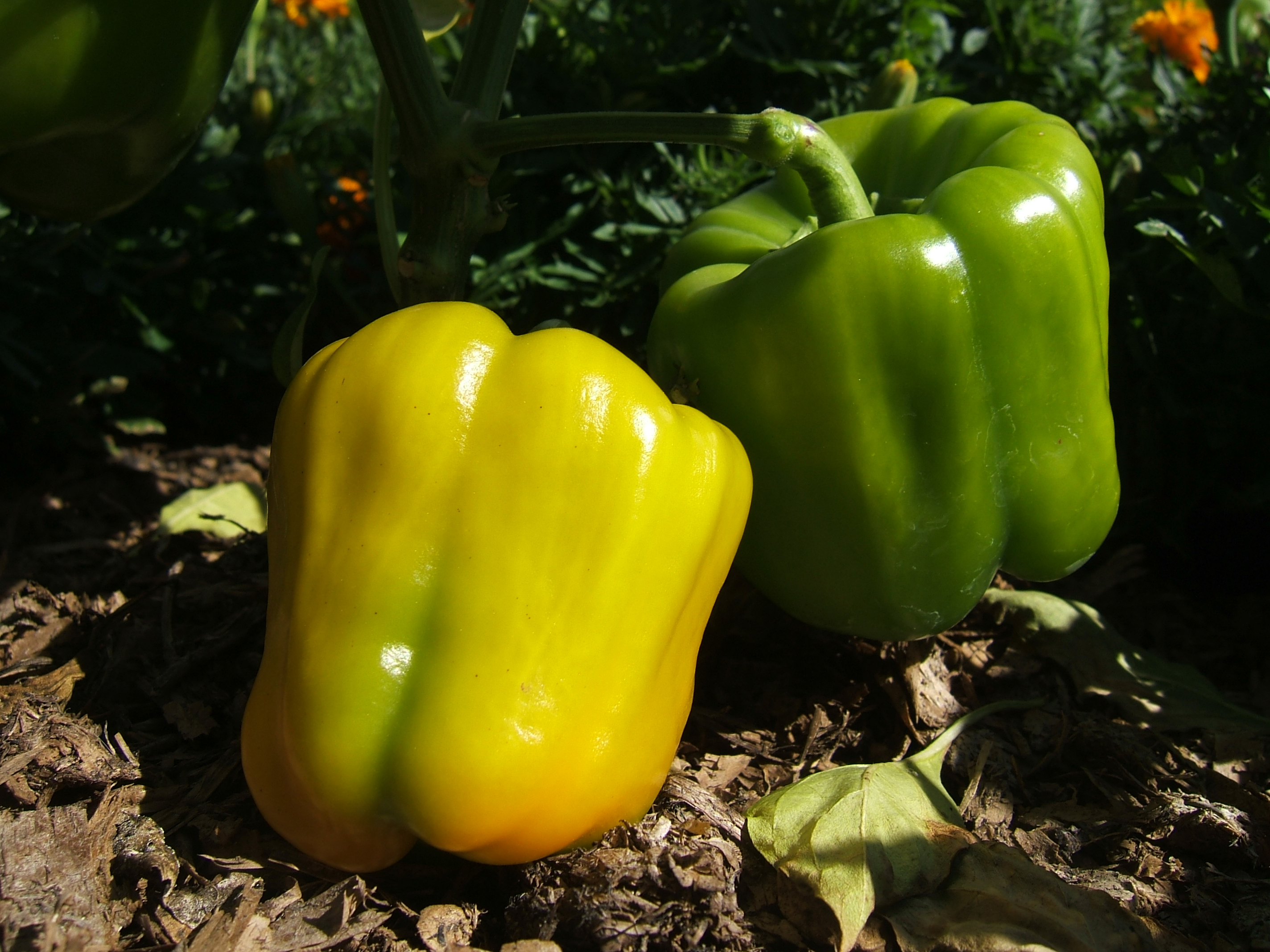Discover the Best Fertilizers for Peppers: Top Picks for Optimal Growth
Organic Vs. Synthetic Fertilizers: Which Is Best for Supporting Healthy Pepper Plants?
In the realm of supporting healthy and balanced pepper plants, the option in between organic and synthetic plant foods stands as an essential choice with significant effects. While both choices goal to offer necessary nutrients to support plant growth, the subtleties of their effect on the soil, plant health, and the setting spark a discussion that mirrors throughout the horticulture community. Comprehending the distinct benefits and prospective pitfalls of each fertilizer type is critical for pepper cultivators looking for to maximize their yields while keeping an eco-conscious and lasting strategy.
Advantages of Organic Plant Foods
Organic plant foods offer a lasting and environmentally-friendly method to beneficial pepper plants, providing important nutrients without the usage of artificial chemicals. These natural fertilizers are originated from organic resources such as compost, manure, bone meal, and seaweed, advertising dirt wellness and biodiversity. Unlike synthetic plant foods, organic options release nutrients gradually, making certain a well balanced and constant supply for pepper plants to flourish.
One substantial advantage of natural fertilizers is their ability to boost soil structure and water retention. By improving soil health, natural plant foods advertise beneficial microbial activity, which assists in nutrient uptake by pepper plants. In addition, natural plant foods decrease the danger of chemical run-off, shielding water resources from contamination and guarding the setting.
Moreover, organic plant foods add to lasting soil fertility by promoting the growth of beneficial dirt microorganisms. These organisms assist break down raw material, launching nutrients in a kind that is conveniently obtainable to pepper plants. best fertilizers for peppers. By promoting a healthy soil ecological community, natural plant foods sustain lasting pepper growing methods that profit both plants and the setting
Disadvantages of Synthetic Plant Foods
Artificial fertilizers, in comparison to their natural equivalents, position different negative aspects when used to nurture pepper plants, influencing both plant health and ecological sustainability. One major disadvantage of artificial fertilizers is their propensity to seep nutrients from the dirt promptly. This quick leaching can cause vitamins and mineral imbalances in the soil, causing plants to struggle with poisonings or deficiencies. Furthermore, artificial plant foods can damage beneficial dirt microorganisms, such as earthworms and beneficial bacteria, disrupting the dirt ecosystem's balance.
Moreover, the overuse of artificial fertilizers can add to water contamination. Excess fertilizers not soaked up by plants can remove right into water bodies, causing eutrophication, where algae blossoms diminish oxygen levels in the water, hurting water life. Artificial fertilizers are generally acquired from non-renewable resources, such as fossil gas, contributing to carbon discharges and ecological destruction during their manufacturing.
Nutrient Absorption Contrast
Effective nutrient absorption plays an essential function in the total health and wellness and development of pepper plants. When comparing organic and artificial plant foods in terms of nutrient absorption, organic plant foods have the benefit of giving a more balanced and slow-release source of nutrients (best fertilizers for peppers). Organic plant foods contain a range Resources of macro and trace elements that are not only advantageous for the plants but likewise promote healthy and balanced soil microbial task, which assists in nutrient uptake. On the various other hand, artificial plant foods often give a quick release of nutrients, which can result in seeping and runoff, resulting in reduced nutrient absorption rates by the plants.
Additionally, natural plant foods enhance dirt framework and water retention capability, enabling pepper plants to access nutrients extra successfully. This enhanced soil top quality assists in origin development, enabling much better nutrient absorption. Artificial fertilizers, although initially boosting plant growth as a result of their high nutrient concentrations, might prevent long-term nutrient absorption by derogatory soil health and wellness over time.
Ecological Effect Factors To Consider

On the other hand, synthetic fertilizers, although commonly more concentrated and instantly available to plants, can have damaging results on the setting if not used effectively (best fertilizers for peppers). Their manufacturing requires high power inputs, causing greenhouse gas discharges and adding to climate modification. Resources Moreover, the overflow of excess synthetic fertilizers can infect water sources, resulting in eutrophication and damaging marine ecosystems.
Finest Plant Food Practices for Peppers
To attain this, it is crucial to adhere to ideal plant food techniques customized to the specific needs of pepper plants. One essential method is to carry out a soil test before using any kind of plant foods.
An additional crucial method is to fertilize pepper plants at the ideal time. Normally, peppers gain from getting fertilizer at planting and afterwards once more when click for info they begin to flower. Over-fertilizing can result in nutrient imbalances and damage the plants, so it is essential to comply with suggested application rates.
Additionally, picking a balanced plant food with an NPK ratio that matches pepper plants' needs is fundamental. Inevitably, integrating artificial and organic plant foods sensibly can aid nurture healthy and balanced pepper plants while minimizing ecological impact.
Verdict

Organic plant foods provide an environmentally-friendly and lasting method to beneficial pepper plants, providing vital nutrients without the usage of synthetic chemicals. Unlike synthetic plant foods, natural options launch nutrients gradually, ensuring a balanced and stable supply for pepper plants to prosper.
Artificial fertilizers, in contrast to their organic equivalents, posture various drawbacks when utilized to nurture pepper plants, influencing both plant health and environmental sustainability. When contrasting synthetic and organic plant foods in terms of nutrient absorption, organic plant foods have the benefit of supplying an extra balanced and slow-release source of nutrients.Additionally, natural plant foods improve dirt structure and water retention capacity, permitting pepper plants to gain access to nutrients much more successfully.